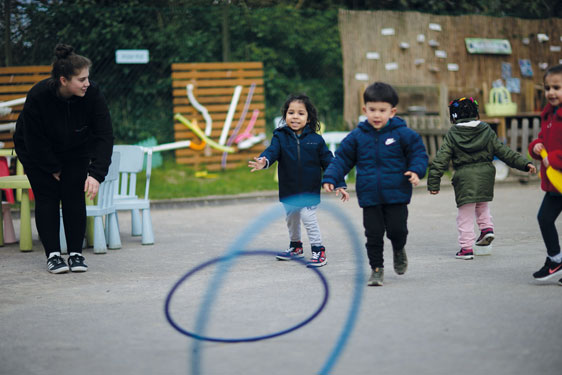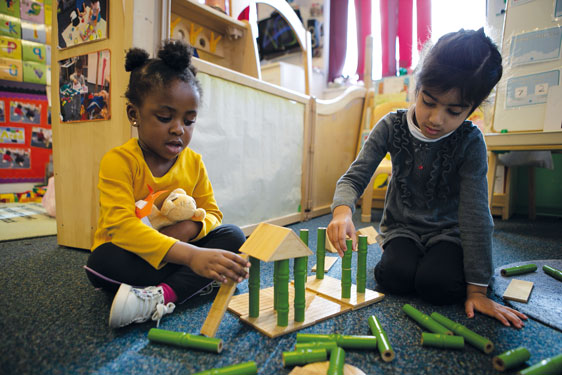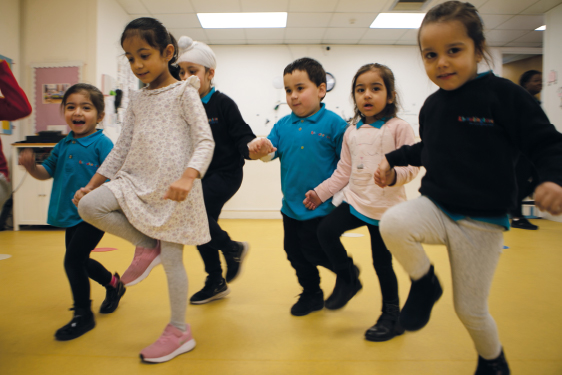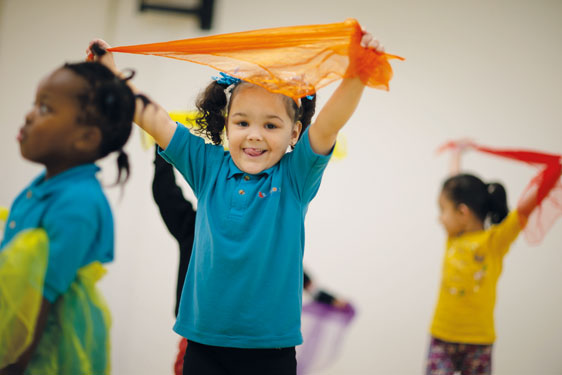What are the Characteristics of Effective Learning?
The characteristics of effective learning play an important part in the Early Years Foundation Stage, as they address how your child learns rather than what your child learns. There are three Characteristics of Effective Learning outlined in the non-statutory guidance ‘Development Matters’:
![]()
Playing and Exploring
![]()
Active Learning and Creating
![]()
Thinking Critically

Each one of these is then divided into three further elements:
 Engagement
Engagement
Playing and Exploring
Finding out and exploring
- Does the child show curiosity about objects, events and people?
- In what way? Does the child use their senses to explore the world around them?
- Any sense perhaps used more than other?
- Does the child engage in open-ended activity? How?
- Does the child show particular interests? In what?
Playing with what they know
- Does the child pretend objects are things from their experience (symbolic play)? What examples can you give?
- How does the child represent their experiences in their play?
- Does the child take on a role in their play? Any particular role?
- Does the child act out experiences with others (children or adults)?
Being willing to have a go
- Does the child initiate activities or experiences? What kinds?
- How does the child seek challenges?
- Does the child show a ‘can do’ attitude? What example do you have?
- Does the child take risks, engage in new experiences and learn by trial and error?
 Motivation
Motivation
Active Learning
Being involved and concentrating
- Does the child maintain focus on their activity for a period of time? Is this at any activity or always at a particular activity or area in the environment?
- Does the child show high levels of energy, fascination? In what way?
- Does the child concentrate despite distractions? Any examples?
- Does the child pay attention to details?
Keeping on trying
- Does the child show persistence with an activity when faced with challenges?
- How does the child demonstrate aspects of problem solving and show a belief that more effort or a different approach will work/pay off?
- Does the child bounce back after difficulties?
Enjoying achieving what they set out to do
- Is he/she proud of their accomplishments- not just the end result? Have you got an example of when the child displayed this to share?
- Does the child enjoy meeting challenges for their own sake rather than for rewards or praise?
 Thinking
Thinking
Creative and Critical Thinking
Having their own ideas
- Does the child think of ideas? Any examples?
- How does the child find ways to solve problems?
- Does the child find new ways of doing things?
Making links
- Does the child make links and notice patterns in their experience?
- Does the child make predictions? What examples can you give?
- How does the child test out their ideas?
- Does the child develop ideas of grouping, sequencing, cause and effect?
Choosing ways to do things
- Does the child plan, make decisions and about how to do something, solve a problem to reach a goal? Can you think of any examples that support this?
- Does the child check how well their activity or what they are doing is going? How do you know this?
- Does the child change strategy if needed? Or does the child always do what he/she knows?
- Does the child review how well their approach worked? With support or on their own?


